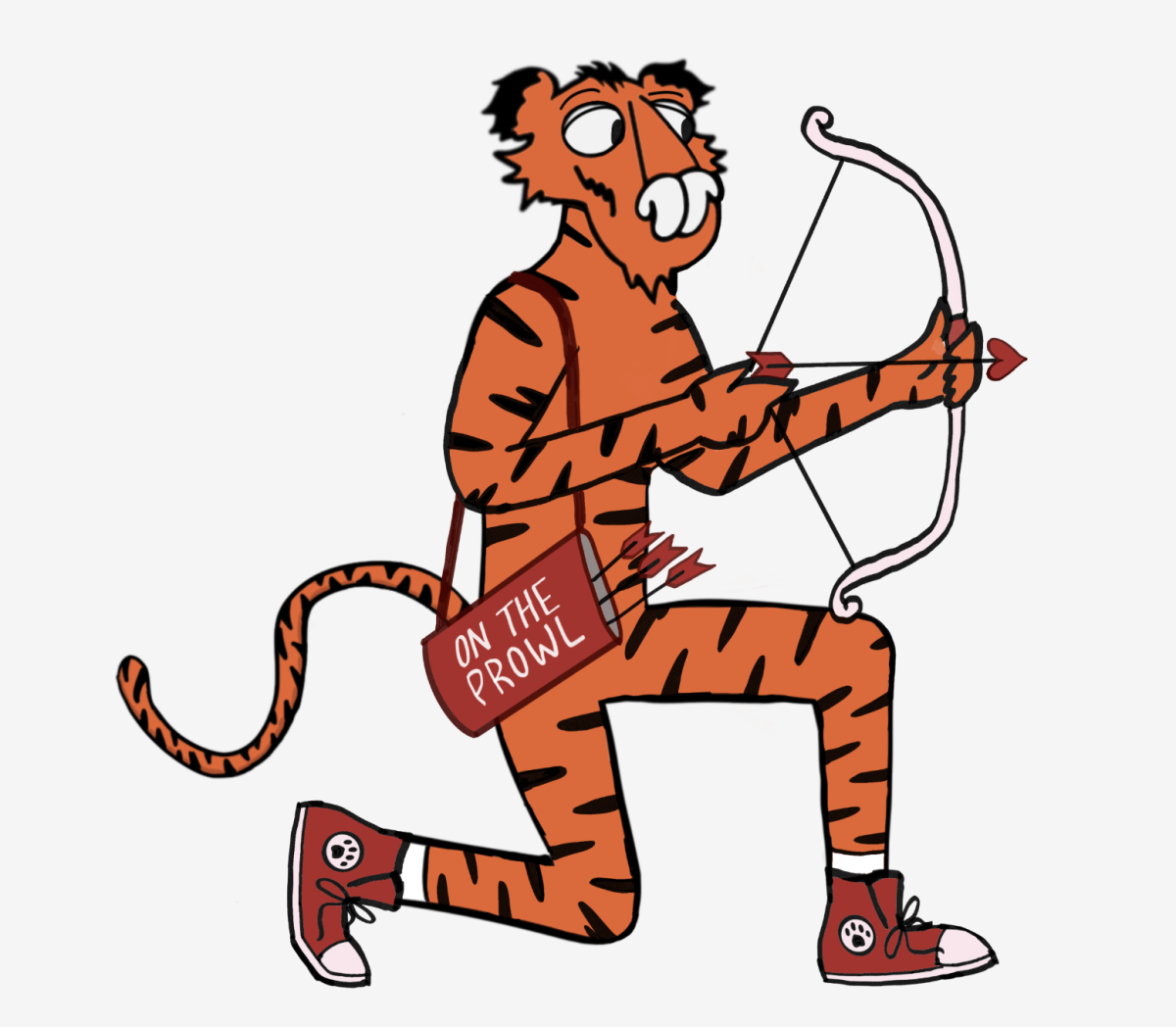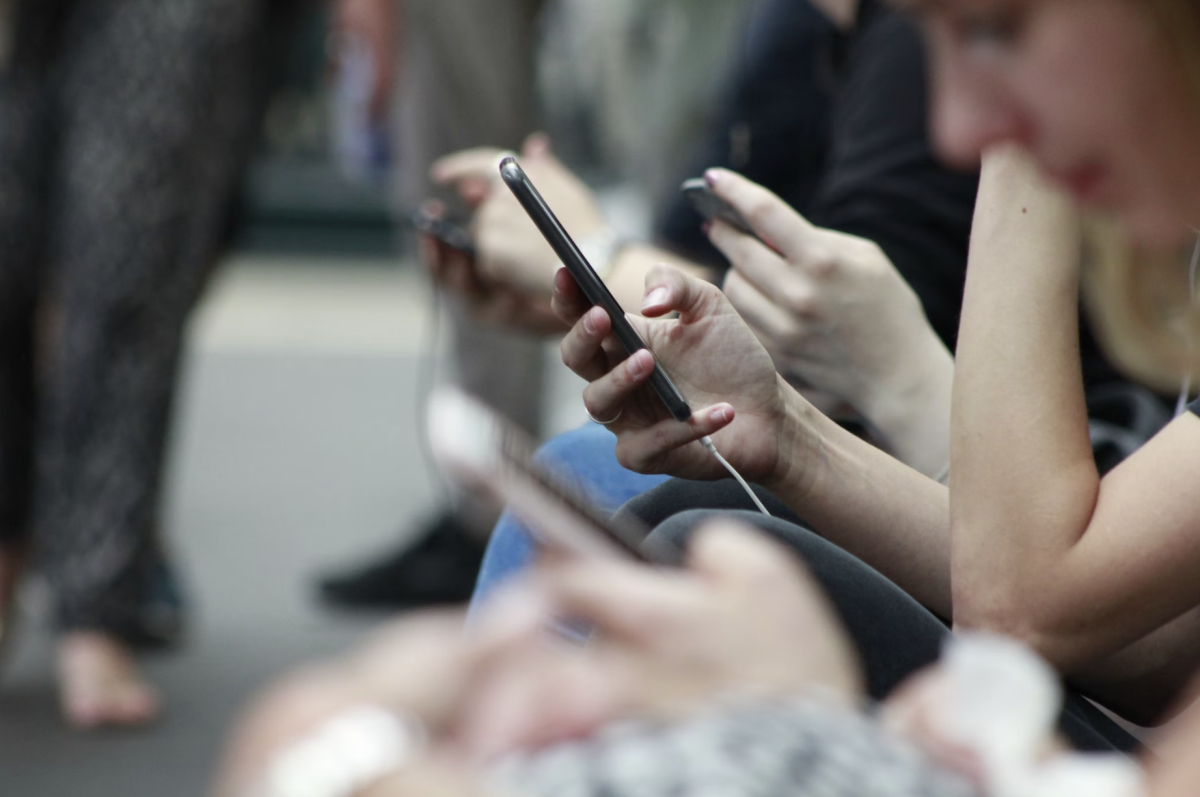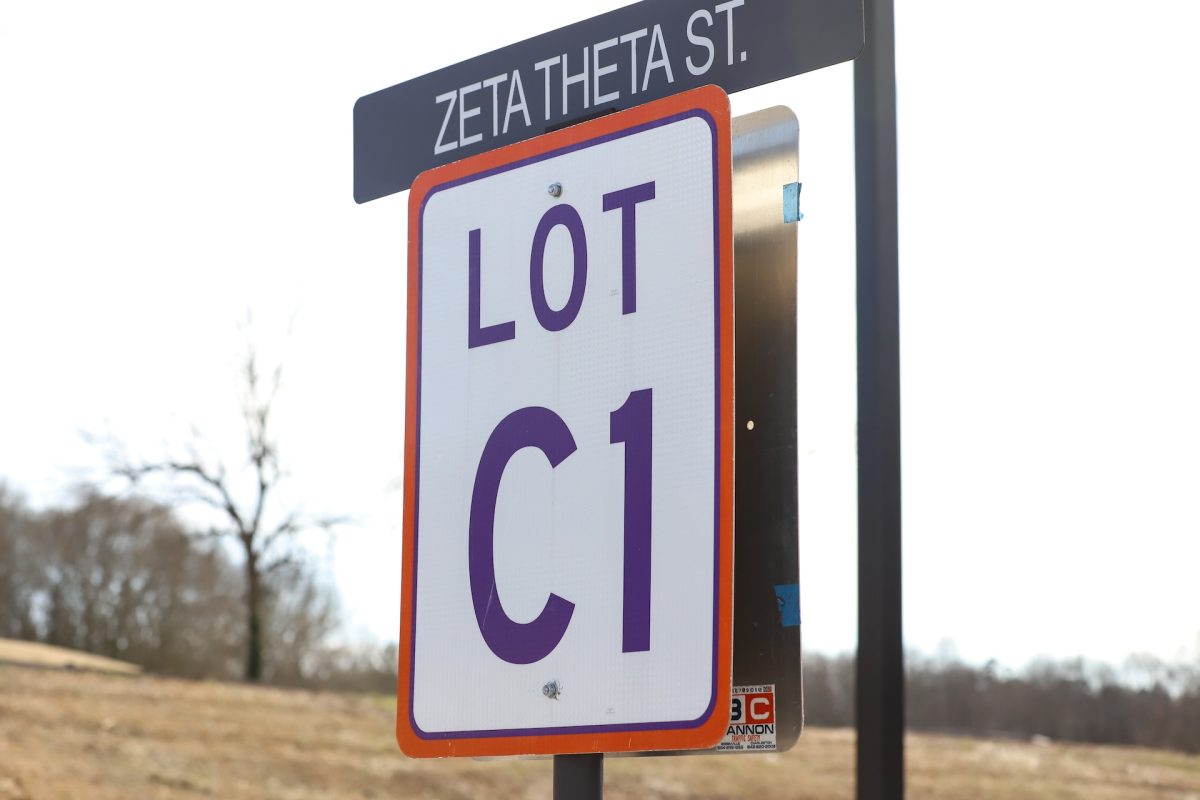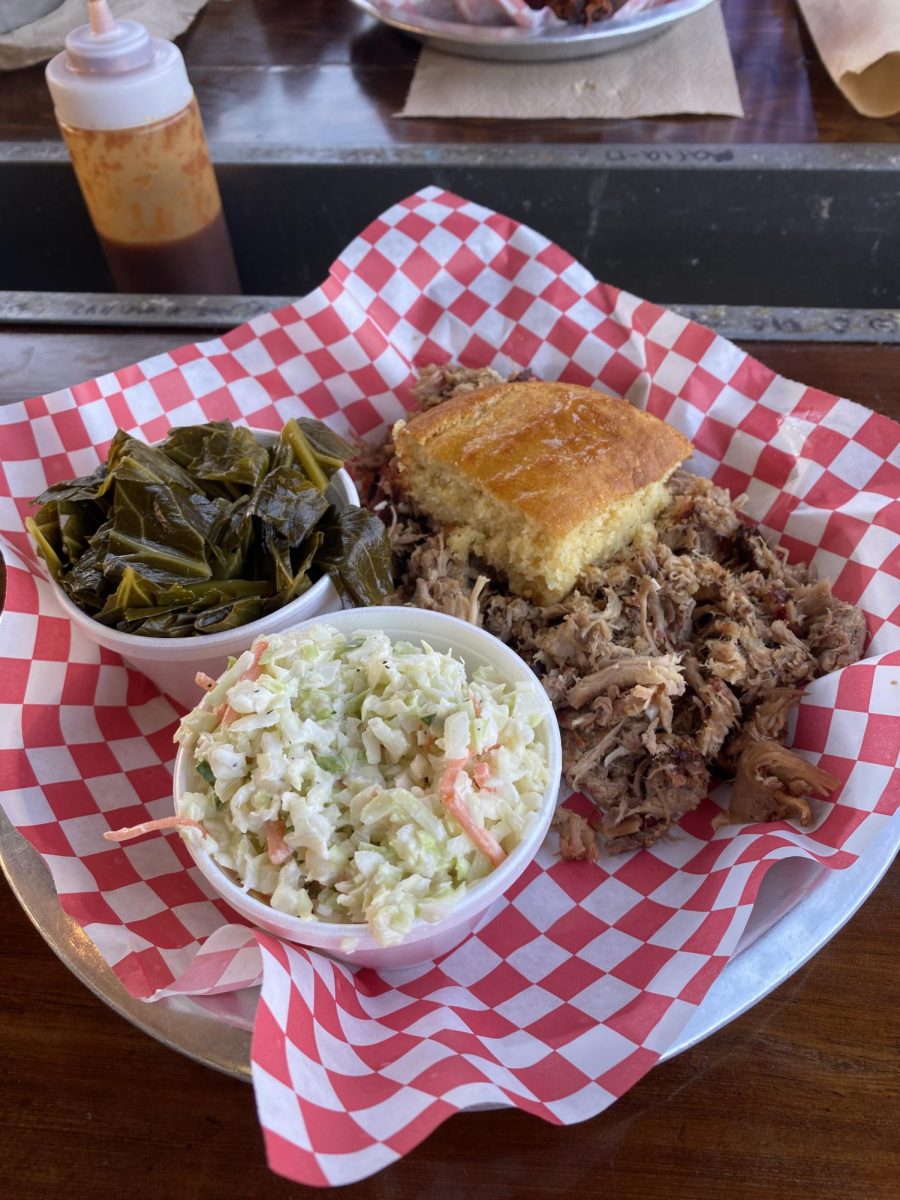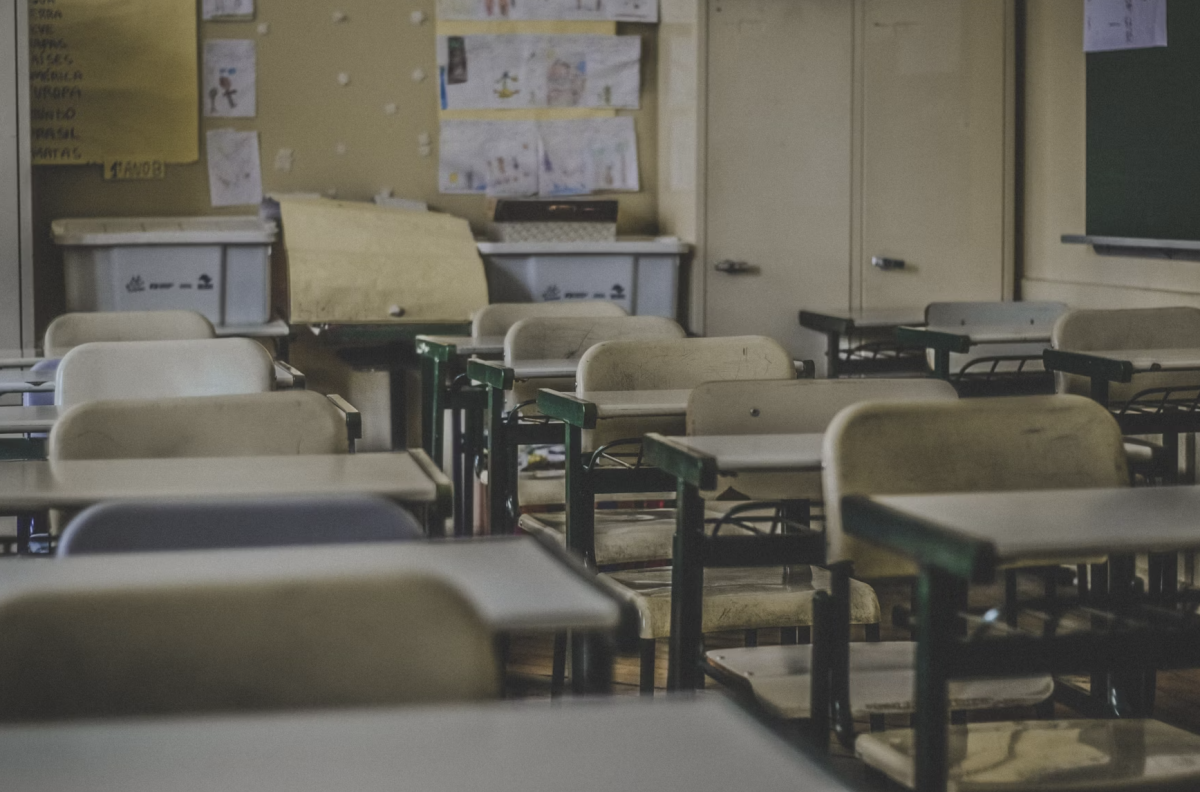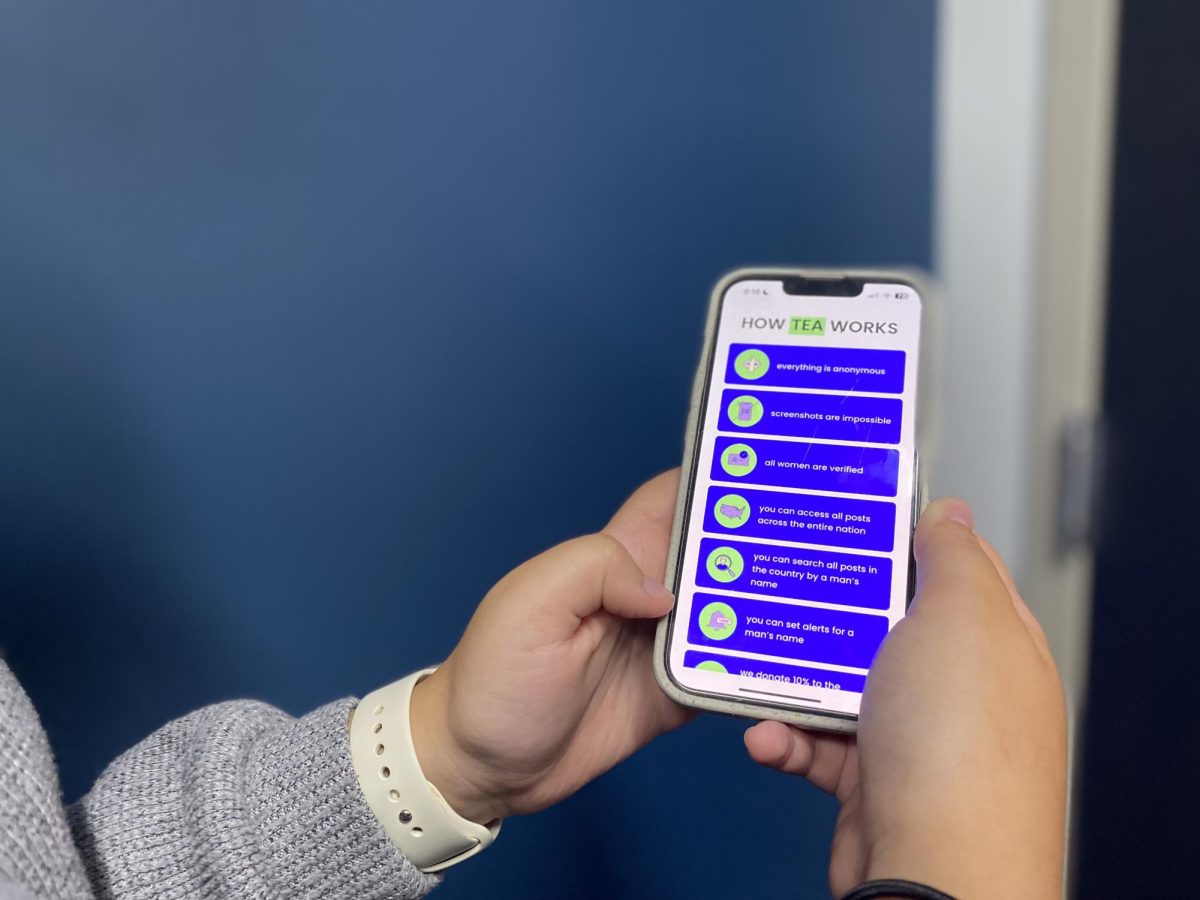Early afternoon on Friday, Dec. 14, 2012, I peeked at my cell phone between classes. A CNN bulletin spoke of a mass shooting at an elementary school known as Sandy Hook in Newtown, Connecticut. Walking to my locker, I passed one of my teacher’s rooms, where he was playing the footage on the board. His head was in his hands. Later, when I got in my dad’s car, he was visibly shaken. “Did you see this thing on the news?” he almost shouted, his face displaying a rare look of bereavement. I understood. I was a child in school then, and my youngest brother at the time was in third grade. “That could have been one of my kids,” he had to be thinking. Later, he lamented in a tone I’ll never forget, “I can’t fathom being told your child is no longer there.”
This past Monday morning, I woke up and my stomach dropped. I experienced the same fear that my father had felt during Sandy Hook as I thought, “My parents love country music, and they were in Vegas last month. That could have been them.”
Just as America mourned the victims of Sandy Hook, San Bernardino, Orlando, Charleston, Aurora and countless other incidents across the nation, the country now mourns those in Las Vegas. The motives of each shooter can vary from terrorism to being mentally unstable. Every time a shooting occurs, a cry for gun control comes from the left, and is refuted by the right. After each shooting, the president travels to comfort the victims, memorials are built and families grieve. The shooting is then forgotten by the American public, until another one comes along.
In a country that Ronald Reagan described as “a shining city on a hill” and a beacon of freedom, hope and opportunity, our own citizens are threatened with the possibility of being shot by someone with whom they have no connection. The fear that citizens of the United States have associated with mass shootings is similar to the fears felt when we confront an epidemic. The danger can be anywhere, coming from nowhere and striking unexpectedly and indiscriminately.
When a disease epidemic is affecting human society, we rise to meet the challenge as the government, and scientists work together to spread information and increase public awareness. Eventually, the disease is beat into submission. This time, the disease isn’t polio, swine flu or measles, but mass shootings. The difference between this epidemic and others is that nobody seems to want to solve it. Some people decide to just ignore that these things are preventable.
We are one of the most advanced nations on the planet, and yet we still remain incapable of curing this disease. Stephen Paddock, the Vegas shooter, passed his background checks when he purchased his firearms. The background check system failed us. Background checks need to be revamped to make incidents like Las Vegas shooting preventable. We need to make sure that those who have access to a firearm are going to use it responsibly, and if they are not, then obtaining a firearm for them should be next to impossible. We owe it to the victims, we owe it to the victims’ families and we owe it to our country to crack down on this epidemic. As a nation, we have battled for our freedom tirelessly without holding anything back. We have fought to eradicate diseases. Now, the time has come for us to fight tirelessly for a cure, a remedy. It is time for us to fight for freedom from the fear of indiscriminate violence.
Categories:
The epidemic of our time
Austin Schlueter, Contributor
October 8, 2017
0
Donate to The Tiger
Your donation will support the student journalists of Clemson University. Your contribution will allow us to purchase equipment and cover our annual website hosting costs.
More to Discover



